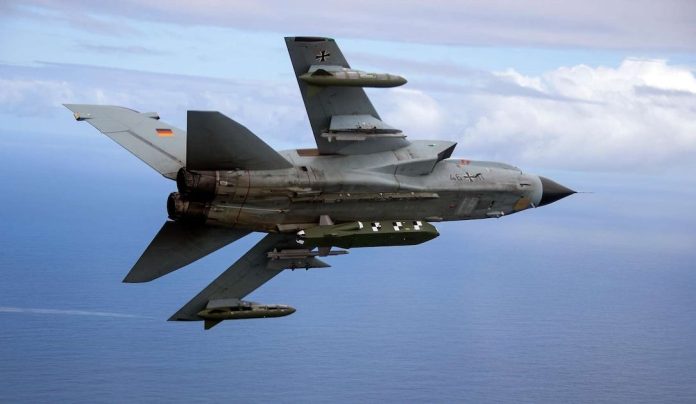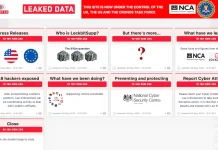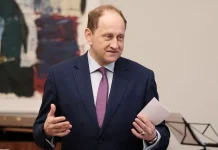Russia has been accused of attempting to inflame divisions in Germany by publishing an intercepted conversation in which Bundeswehr officials discuss the country’s support for Ukraine, particularly around the supply of Taurus cruise missiles.
The 38-minute conversation, which took place on February 19, was first published on social media platform Telegram by Margarita Simonyan, the editor-in-chief of RT and a sanctioned propagandist, who said the recording had been provided to her by “comrades in uniform.”
The intercepted conversation reportedly took place using Webex, a consumer-grade web conferencing software, rather than on a secured military system.
It features the head of the German air force, Lt. Gen. Ingo Gerhartz, discussing preparations and methods to supply Taurus missiles to Ukraine, and then support the Ukrainian Armed Forces in using the missiles, while observing that the federal Chancellor Olaf Scholz is continuing to block the move.
Scholz has argued that the air-launched missiles, which have a range of around 500 km — about the distance from Ukraine’s border to Moscow — could escalate the conflict and risk Germany becoming directly involved in the war. The chancellor’s position is a cause of division in his three-party coalition government, with his coalition partners repeatedly arguing in favor of providing the Taurus missiles.
According to the material published by Simonyan, the Bundeswehr has considered several steps to insulate Germany from the repercussions of Ukraine using the cruise missiles, referencing controls that the British and French have in place when supplying their own Storm Shadow and Scalp-EG cruise missiles.
Among the claims attributed to Gerhartz were that there were British personnel deployed to Ukraine. The British Ministry of Defence declined to comment on the matter.
It is not clear whether all of the conversation published by Simonyan, who has a history of spreading falsehoods, is authentic. A spokesperson for the German ministry of defense said: “According to our assessment, a conversation in the air force division was intercepted. We are currently unable to say for certain whether changes were made to the recorded or transcribed version that is circulating on social media.”
While the leak is likely to amplify divisions in Berlin, and raise embarrassing questions about the security of German military communications, the relatively overt nature of the information operation could potentially encourage solidarity among those being targeted.
Boris Pistorius, Germany’s defense minister, said on Sunday: “The incident is much more than just the interception and publication of a conversation. It is part of an information war that Putin is waging. It is a hybrid disinformation attack. It is about division. It is about undermining our unity.”
Following the leak, the Russian foreign ministry said it “demanded an explanation from Germany” without stating what it was demanding an explanation about.
Recorded Future
Intelligence Cloud.










